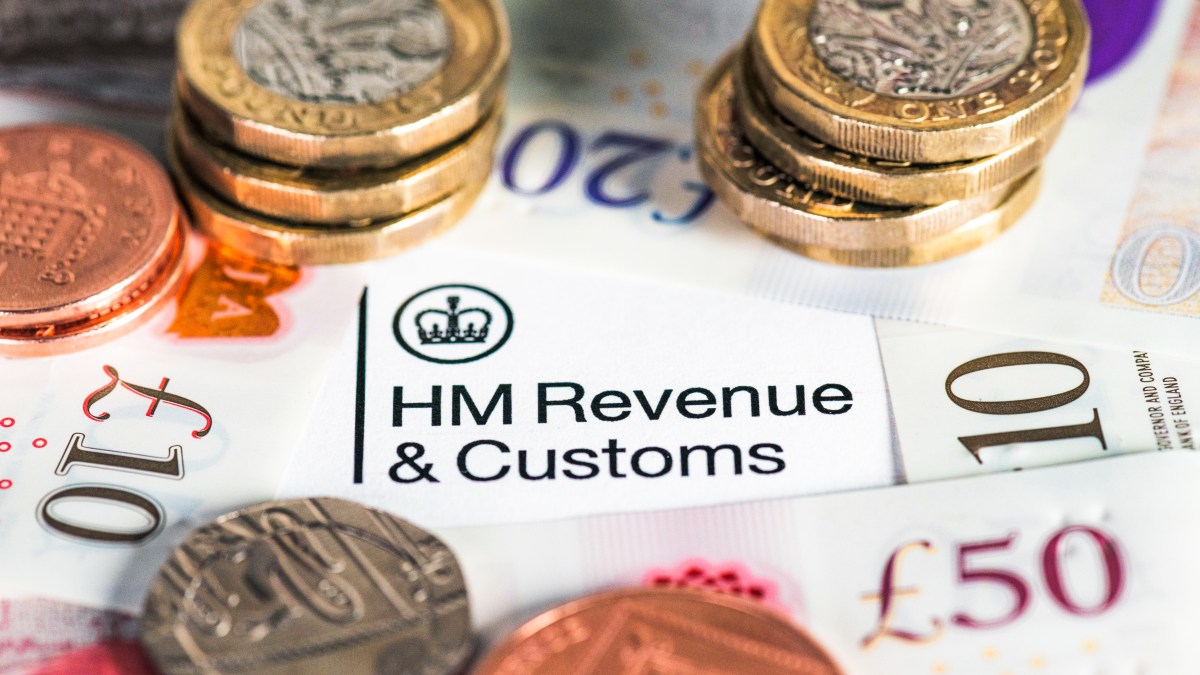The number of pensioners paying 60 per cent income tax more than doubled in just three years as frozen tax thresholds punished savers.
About 77,000 taxpayers aged 66 or over paid an effective income tax rate of 60 per cent in the last tax year, up from 38,000 in 2021-22, according to new HM Revenue & Customs data.
Those with an income between £100,000 and £125,140 a year are caught in a “tax trap” where they lose 60p of every £1 between those amounts to income tax. This is because you start to lose your personal allowance — the £12,570 you can earn tax-free in any given tax year — once you earn more than £100,000.
The £100,000 threshold for losing the personal allowance has not been increased since it was introduced in 2010. If it had risen with inflation, the threshold today would be £155,000.
Craig Rickman from the trading platform Interactive Investor, which obtained the data through a freedom of information request, said: “It shows the punishing impact of the 60 per cent tax trap on older workers and pensioners. More people work well into their late sixties now, but there’s a risk that ultra-high tax rates could mean losing older talent.”
The UK’s tax system has a particularly punitive threshold at £100,000. For every £2 that you earn above £100,000, you lose £1 of your personal allowance. The allowance completely disappears once your income hits £125,140.
• Six-figure earners could lose thousands in a pensions tax raid
While these taxpayers pay 40 per cent income tax on everything between £50,271 and £125,140 (when the additional rate of 45 per cent kicks in), losing the personal allowance increases this rate to 60 per cent on anything above £100,000. This is the amount of tax you pay on any extra £1 earned.
For example, say your income is £100,000 a year and you get a £10,000 pay rise. You would pay 40 per cent income tax on this amount (a tax bill of £4,000). However, you also lose £5,000 of your personal allowance, meaning that this £5,000 is also taxed at 40 per cent. This adds £2,000 to your tax bill for a total tax bill of £6,000, or 60 per cent of the £10,000 pay rise.
The number of pensioners with large tax bills could increase further as the amount of money being taken from pension pots is on the up because of forthcoming changes to inheritance tax rules. Rachel Reeves announced in last year’s budget that pensions would no longer be exempt from inheritance tax from April 2027 (although anything left to a spouse or civil partner will remain tax-free).
The move has incentivised savers to access their retirement savings earlier than planned — the Financial Conduct Authority, the City watchdog, said that £70.9 billion was withdrawn from pots that were accessed for the first time in 2024-25, up 36 per cent from £52.2 billion the year before.
Tom Selby from the trading platform AJ Bell said: “Bringing pensions into inheritance tax increases incentives for wealthier pensioners to spend their money sooner, so it could be a contributing factor [to the increase in pensioners paying 60 per cent tax]. It is likely we will see more of this behaviour, alongside giving pension money away, between now and April 2027.”
• ‘I’m giving away £36,000 of my pension every year’
The number of taxpayers dragged into higher tax thresholds has been increasing rapidly since 2021, the last time income tax thresholds rose. It means that as wages increase, more and more taxpayers are forced to pay more and more tax.
The Office for Budget Responsibility, the fiscal watchdog, said the frozen thresholds could drag an extra 4.2 million people into paying income tax by 2030 if they remain the same. An extra 3.5 million people would be higher or additional-rate taxpayers.
As it stands, the thresholds will start to rise in line with inflation again for the 2028-29 tax year, but it is thought that prolonging the big freeze could be included as a tax-raising measure in the budget on November 26. It is a big money-maker: according to the Institute of Fiscal Studies, a think tank, by 2027-28 the freeze will raise £40 billion a year for the Treasury — almost the same as if 4p in the pound had been added to all income tax rates.

